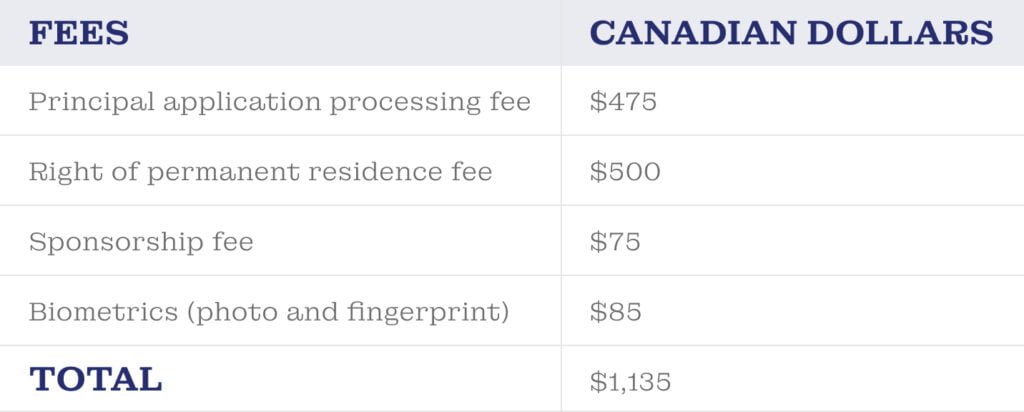Although the country will give no visa or special status to spouses whose applications are in process, the foreign national spouse can still join their partner or spouse while the application is in operation.
However, a pending application for permanent residence can pose a problem while obtaining a temporary or visitor visa; this is because it may seem like you intend to stay in Canada longer than your visit states before completing your immigration process. It is, however, considered wise to first apply for a visitor’s visa, and afterwards, you submit an inland spousal sponsorship application once the spouse is in Canada. This way, you can be sure you will be moving from your temporary status to an open work permit, allowing you to take jobs while your application is in process.








